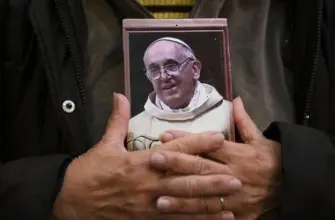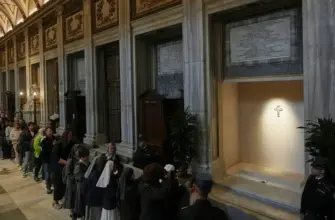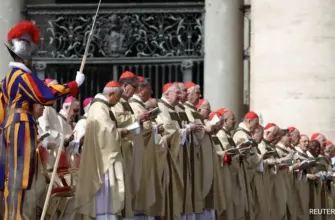Palm Sunday, observed annually on April 13th by Christians globally, marks a pivotal moment in Christian faith—the entry of Jesus Christ into Jerusalem approximately two millennia ago. This event initiates Holy Week, a period dedicated to reflecting upon the dramatic narrative of Jesus’s final days: his suffering, crucifixion, and subsequent resurrection.
The Gospels describe this entrance as a powerful procession, reminiscent of both a celebratory parade and a passionate demonstration. As Jesus approached Jerusalem, onlookers scattered garments and waved palm branches while proclaiming “Hosanna!”—a heartfelt cry meaning “Save us!”
At the time, Jerusalem existed under Roman rule, governed by local authorities loyal to the empire. The populace yearned for liberation and a return to prosperity—fundamental desires shared across cultures and generations. However, this occupation demanded unwavering allegiance to Rome above all other considerations.
Jesus’s reception as king and Lord presented a direct challenge to that established order. The atmosphere on that first Palm Sunday was undoubtedly charged with tension; a potent mix of hope and apprehension, the pursuit of freedom against oppressive power, righteousness confronting sin.
The parallels to our present circumstances are striking. Our world feels increasingly fractured, a sentiment that transcends political divisions. We witness escalating chaos and violence, prompting a universal question: where can we find peace?
Like those who welcomed Jesus centuries ago, we may instinctively cry out with fervor, “Hosanna! Save us!” It’s tempting to desire a swift resolution, someone to simply “fix” the world. However, the true expectation lies in our own transformation.
“Fixing the world happens one life at a time, starting in our own hearts.”
The essence of repentance isn’t merely wishing for change; it’s actively committing ourselves to it.
Holy Week reveals God’s boundless love—a willingness to sacrifice everything. Jesus endured immense suffering and ultimately offered his life to open the door to eternal life for all who believe. Even in that agonizing moment, he asked forgiveness for those responsible for his execution.
Attending a church service on Palm Sunday often presents a poignant duality. The joyous waving of palms and spirited hymns evoke feelings of hope and celebration. Yet, hearing the somber account of Jesus’s suffering and death inevitably stirs sorrow.
- This contrast is not an anomaly.
- It reflects the complexities of our world.
- It appears in news headlines, conversations with neighbors, and observations about our surroundings.
Human fallibility is undeniable; we require redemption, a means to overcome our own limitations. While acknowledging our shortcomings and striving for improvement are essential, it’s equally important to recognize the grace offered through faith.
Jesus enters the turmoil of our lives and our world. He hears our pleas for salvation and readily offers forgiveness. More than that, he accompanies us on life’s journey.
This divine presence doesn’t magically erase global challenges but empowers us to embody grace and mercy in a fractured world.




